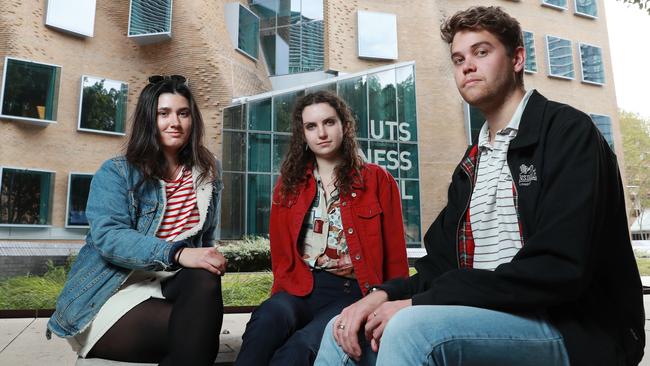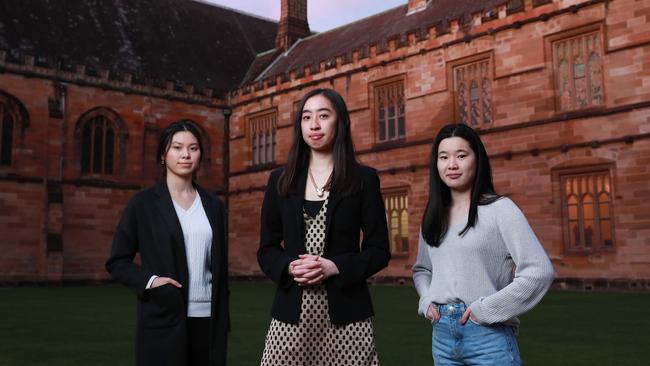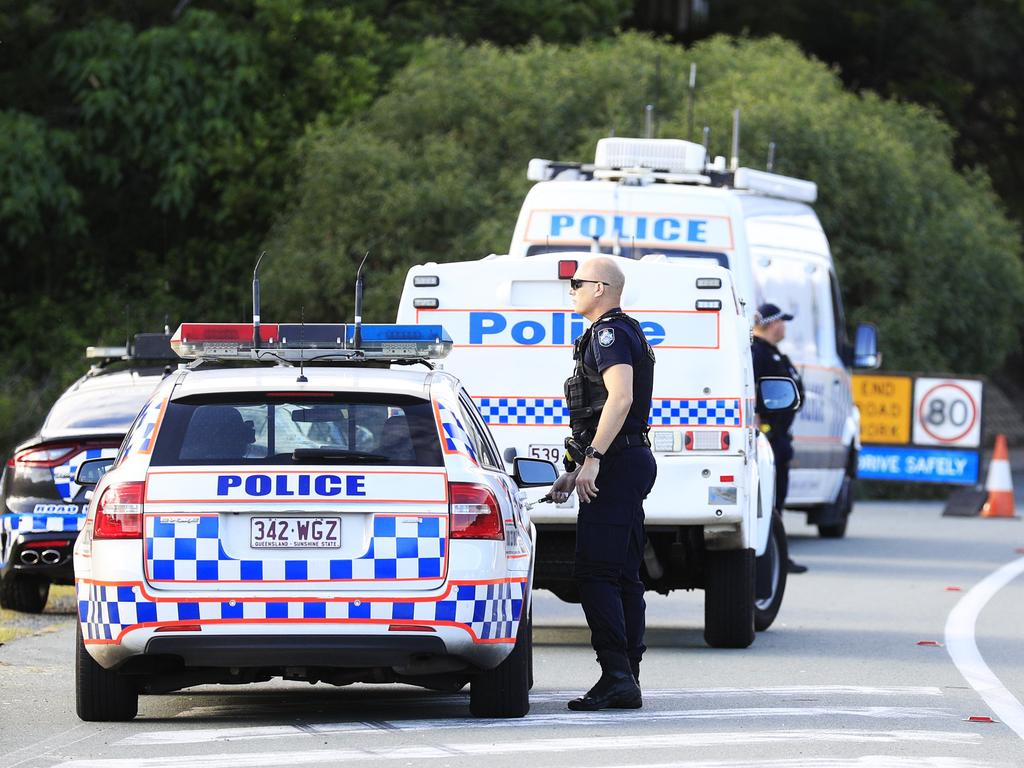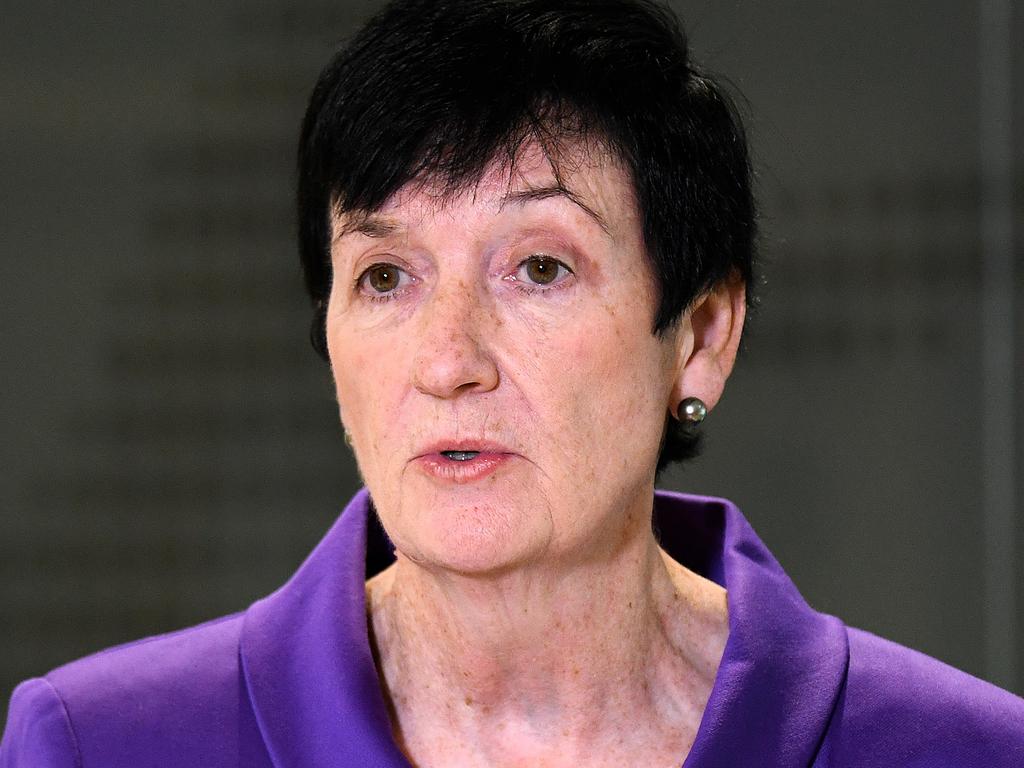Young to bear the brunt of jobs pain
Gen Z, born after 1996 and living in their first recession, are about to be crowded out of the jobs mosh.

The road out of the COVID-19 recession is long, hard and bumpy, according to Josh Frydenberg, but it will be especially painful for young Australians.
As the harsh effects of the downturn linger and leave scars, people aged under 25 are at risk of becoming Generation Lost, struggling to get a grip on the first rung of the careers ladder, earning far less over time, delaying a move out of home or buying one, and possibly denied the chance of seeking adventure and work experience overseas.
Digital natives Gen Z, born after 1996 and living through their first recession, are about to be hit with a second-wave of labour-market pain, crowded out of the jobs mosh by their parents and Millennials.
Experts call it “scarring”, the Treasurer said on Wednesday, with workers losing income, skills and life opportunities because of entrenched unemployment.
National accounts figures for the June quarter revealed the pandemic-induced 12 per cent slump in household spending is hitting workers in retail, hospitality and tourism, sectors dominated by young workers and women.
Reserve Bank governor Philip Lowe told a parliamentary committee last month that young people needed to be protected from the ravages of the recession.
“In a way, they’re paying the price to keep the rest of us safe,” Dr Lowe said.
According to economist Jeff Borland from the University of Melbourne, youth are always hardest hit by recessions, but this time there will be two waves of impact from COVID-19.
The first wave arrived because of the disproportionate share of young people in industries affected most by shutdowns. Some of those jobs lost early, across the economy, have been clawed back.
“But the second wave of recession where our young people will be hurt most has not yet arrived,” the professor of economics told The Australian.
“Young people, finishing school or university, will soon be competing for jobs in a depressed labour market, with a massive drop in demand for labour.
“This is what happened in the decade after the global financial crisis, and it was gradual; this time the process is on speed,” he said.
Even before the pandemic, young workers were doing it tough. After the GFC, the proportion of people aged below 25 in jobs fell by four percentage points because of “crowding out” from a combination of slower employment growth and a rise in overall labour force participation.
Professor Borland says COVID-19 brings additional pain, with a sizeable group of older workers delaying retirement to rebuild superannuation balances.
As well, the RBA believes the weak labour market “will also discourage some people, especially young people, from forming new households”.
In July, the unemployment rate for 15 to 24-year -olds was 16.3 per cent, a two-decade high, compared with a headline national jobless rate of 7.5 per cent.
The recession is hitting casual and part-time workers in particular, where the young are also concentrated. More than one-third of all jobs lost in the June quarter were held by people aged 15 to 24.

Final-year bachelor of environmental science student Miranda Crossley said the pandemic was a “huge step back” for graduate job prospects.
“Part of the reason why I chose to add a few months on to my degree was because I don’t want to be applying for grad jobs now,” the University of Technology Sydney student said. “I haven’t put that much time into it because I know that it will be so difficult … I’ve heard from so many people about how much they’re struggling to find grad jobs.
“I’ve got a lot of friends who were lucky that they finished last year and they have settled nicely into Macquarie Bank, Qantas and Commonwealth and that kind of thing, but I just know for me and my year group it’s going to be that much worse.”
The 22-year-old, who is also studying a bachelor of creative intelligence and innovation and is secretary of the UTS Students Association, decided to complete an honours thesis to extend her time at university until February.
In July, the Productivity Commission found that even before the pandemic, many young people were struggling to find employment in their desired occupation and would have to settle for jobs lower down the occupation and pay scale.
In a study of the weak labour market in the years following the GFC, the commission found the experience for young people was very different to the 1991 recession. “There was increased part-time employment, lower starting wages for young people and constrained choice in occupations despite increased education,” the working paper said.
A Treasury research paper in July showed school leavers and graduates entering a labour market when youth unemployment jumps five percentage points can expect to earn about 8 per cent less in their first year of work and 3.5 per cent less after five years.
Climbing the career ladder becomes harder, “with estimates that almost 80 per cent of lifetime wage increases occur within the first decade of an individual’s career,” the paper found.
“There may be ‘psychological’ scarring with graduates adjusting down their aspirations when faced by a shock during a particularly formative period.”
Final-year bachelor of commerce student Anastasia Cao said the idea of looking for a graduate role in the middle of a global pandemic was “confronting” and “scary”. The 21-year-old University of Sydney student, set to graduate mid-next year, said many of her friends had decided to extend their degrees because they did not want to graduate in this climate.
“Graduate recruitment is technically on hold and student intake has dramatically decreased so competitive jobs are becoming even more competitive.”






